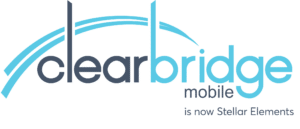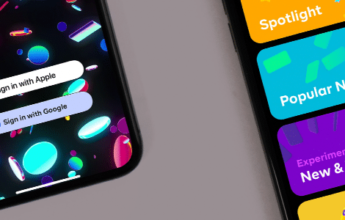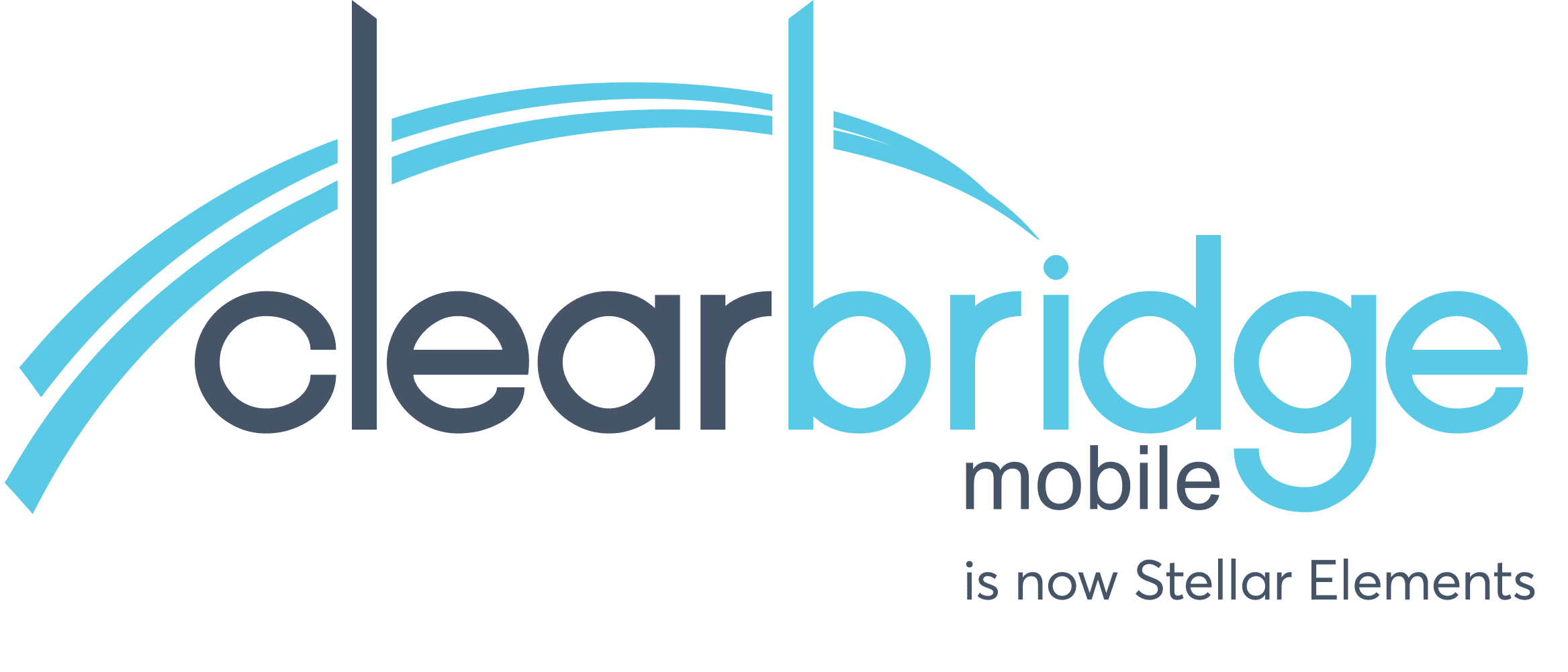With over 4.5 million apps available in leading app stores, enterprises are well aware of the competition in fighting for customers’ time to engage with their mobile product. The COVID-19 situation has only exacerbated this competition as digital touchpoints have become, in some cases, the only touchpoint a brand has with its customer.
For enterprises in the e-commerce, health, fitness, and media and entertainment sectors, COVID-19 has presented a golden opportunity. As more consumers are relying on the digital touchpoints brands they interact with have to offer, many enterprises have seen digital traffic rise tenfold.
For example, there was a 25 percent rise in eCommerce app installs during the pandemic (Q2 vs. Q1 2020), 7% higher than theQ4 holiday rush. Now that your enterprise has attracted these users, you need to ensure you can convert and retain them as well.
One way to consistently power user engagement, conversions and retention at scale is to integrate app personalization into your enterprise mobile strategy. This post will look at three ways to convert and retain your new app users with personalization.
3 Ways to Convert and Retain Your App Users with Personalization
Use Voice to Personalize the Search Experience
It’s estimated that by the end of 2020, 50% of all search will be via voice tech. Furthermore, A December 2019 survey from Comscore MobiLens Plus found that US smart speaker owners are already using their devices to ask general questions, stream music, and get updates on sports, traffic, and weather, among other things. Your users are talking, so listen. Every voice search query made by a specific user can tell you about their instant wants, needs, and preferences.
Use this data to instantly populate product or content recommendations based on the partial or full search terms, helping direct your users exactly what they want faster.
Remember, these recommendations continue to get more accurate with each subsequent search action that a user takes, helping you reduce the path from product discovery to purchase.
Leverage the power of predictive recommendations
With an increase in competition and traffic to digital platforms, using transformative technology like AI has presented a unique opportunity for businesses to make smarter and deeper connections with users while driving greater profitability. AI and machine learning-driven apps allow enterprises to leverage the data they collect via online traffic, mobile devices to strategically improve the user experience. Using AI will allow you to find trends and make suggestions to create more meaningful and context-rich opportunities to engage your users.
Netflix is a prime use case for applying AI in an entertainment/media app, tailoring video content to personal preferences, contexts, and schedules by, for example, re-ordering categories in real-time for individual users. Hence, the most relevant product or content recommendations show up right at the top.
Tailor your app navigation experience to each user
Apart from your users’ search, browsing, click behavior, and consumption history, you can personalize how your users navigate your mobile app. Other parameters such as gender, buyer personas, geolocation, time of day/timezone, seasons/weather, etc. can be harnessed to personalize the banner images, graphics, CTAs, trending products, and offers, etc.
It is also crucial you leverage insights from your users’ most common paths towards conversion to further optimize their navigation journey. The more individualized the navigation journey, the probability of your users finding what they want increases.
Final Takeaways
Your users expect and demand an end-to-end, tailored customer experience, right from the first app launch. For those in the health, fitness, and media and entertainment sectors, that statement holds even greater significance, especially in the post-COVID-19 environment. As we navigate the new normal, it’s essential to reach out for consulting support. Our accredited and vetted mobile experts are available to work with you and answer any of your questions.



